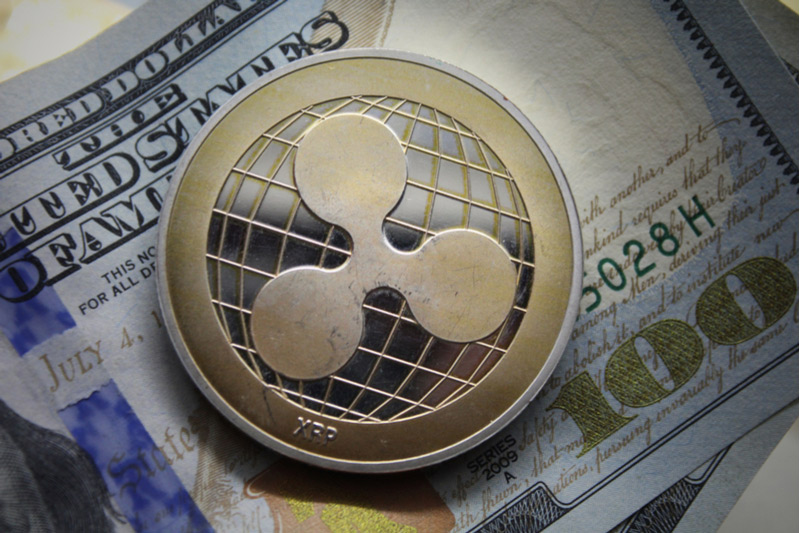HK-listed gold stocks jump as US economic fears boost bullion prices
- The SEC’s need to mention XRP’s inherent value in its motion is controversial, according to lawyer Bill Morgan.
- This SEC attempt is seen as a pushback against the idea that crypto is a commodity.
- In its case against Ripple, the SEC is attempting to bend the Howey Test, as Bill Morgan stated.
In the ongoing case between the U.S. Securities and Exchange Commission (SEC) and Ripple Labs, the SEC’s view of Ripple’s XRP is considered negative and reactionary, according to Bill Morgan. The lawyer and digital asset enthusiast stated his opinion on the SEC’s view.
The SEC’s view of XRP is incredibly negative and reactionary. It either fails or refuses to understand XRP or is belligerently and deliberately acting to stymie Ripple’s attempt to build a use case for on demand liquidity because some interest wants this use held up. /1— bill morgan (@Belisarius2020) August 27, 2023
Morgan stated that the SEC recently shared that they are not seeking an appellate review of the court’s finding that XRP is not itself a security and is “nothing but computer code with no inherent value.”
The need to mention XRP’s inherent value in the SEC’s motion is intriguing to Morgan. The lawyer mentioned that the SEC made a point about XRP having no intrinsic value in opposition to two arguments that Ripple made.
Ripple’s arguments were related to Howey’s first and second criteria, and the SEC’s opposition to these arguments was that XRP had no intrinsic value. Ripple’s argument that there is a distinction between a payment and an investment of money was perceived as an attempt to compare the purchase of XRP to an asset such as gold, according to the SEC.
The SEC’s attempt to point out that cryptos have no intrinsic value, according to Morgan, showed an intent to push back against the notion that cryptos are commodities that no seller created.
Morgan explained that issuers need to find utility to give value to crypto with no inherent value, and that fell under Howey’s third criteria, and investors rely on those efforts to make money. Morgan added that this is where the SEC made a “grave mistake,” as it failed to distinguish between intrinsic value and extrinsic value. If XRP is deemed to have no intrinsic value, that seems irrelevant.
The extrinsic value of crypto is what it can be used for, but Morgan stated that if the SEC was correct and XRP had no intrinsic value, it wouldn’t matter to him because he knows that “the tech has value.”
Morgan added that the Howey test is a tool the SEC uses to oppose the change that’s happening in crypto’s value and that it reached the point that the Howey criteria became indefinable.
The post SEC Stymies XRP’s Attempt to Build Use Case for on Demand Liquidity appeared first on Coin Edition.
